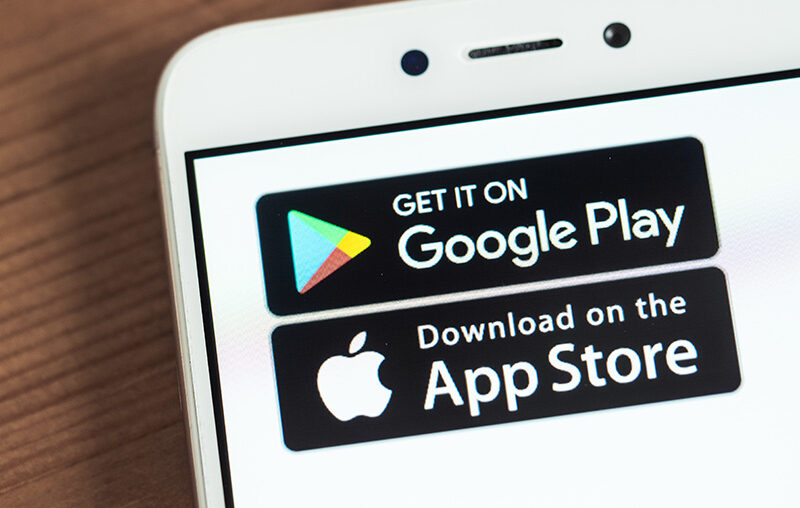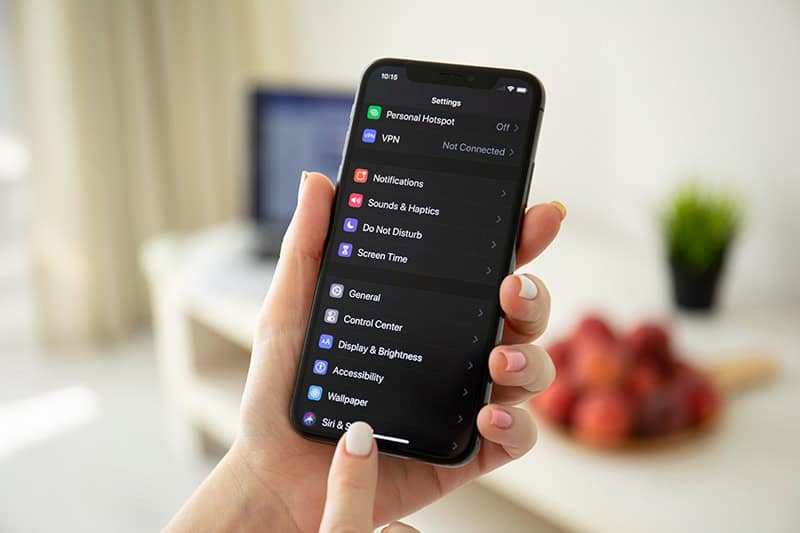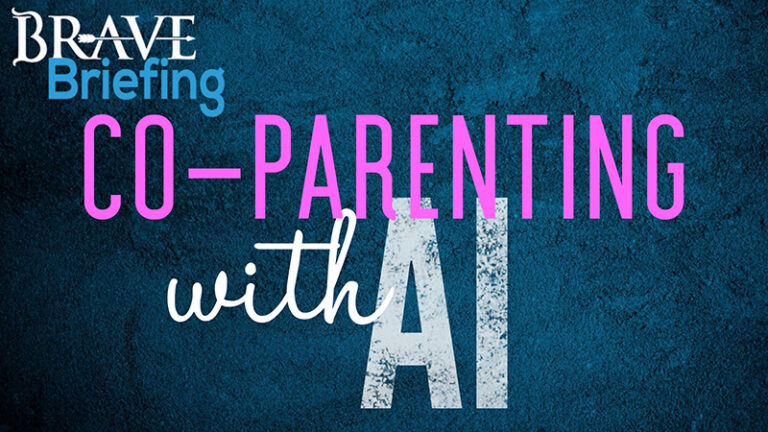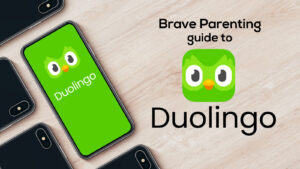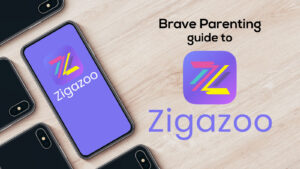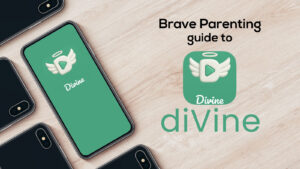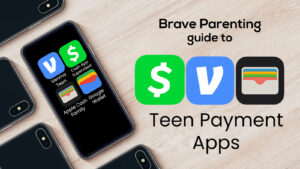This year, the states of Utah, Texas, and Louisiana passed Senate Bill 2420, also known as the App Store Accountability Act. This law forces Apple and Google to verify the age of every user who downloads apps in Texas.
As Texans, we applaud our legislature for taking action against Big Tech and doing what they can to protect minors from unrestricted access to social media, mature content, and in-app purchases. But the reality is that parents can already do what the new law enforces.
The problem, of course, is that most parents aren’t doing it.
What the New Law Mandates
Starting January 1, 2026, app stores will be required to:
- Verify every user’s age and assign them to one of four categories: child (under 13), younger teen (13–15), older teen (16–17), or adult (18+).
- Minors’ accounts must be linked to a verified parent or guardian’s account for approval and consent.
- Parental authorization is required before minors can download apps or make in-app purchases.
- Restrict data collection to only what is necessary to verify age and consent (and delete it afterward).
- Ensure app developers accurately label content and apply those same age restrictions within their apps.
Basically, the new law makes Apple and Google the gatekeepers of kids’ online app access. Many parents wrongly assumed these companies were already doing this. Google and Apple wrongly assumed that parents were doing this.
Because both parents and tech companies abdicated their role as gatekeepers of harmful and addictive online content, we now live as witnesses to the tragic consequences of too much, too soon.
Why the New Law Isn’t Enough
 The new law acknowledges what every parent already knows: the current system is broken. It intends to alleviate some of the complexity parents face in trying to keep up with device settings and parental controls. And, in many ways, it will.
The new law acknowledges what every parent already knows: the current system is broken. It intends to alleviate some of the complexity parents face in trying to keep up with device settings and parental controls. And, in many ways, it will.
But it also introduces new requirements for parents to provide a form of personal identification. This introduces privacy risks and concerns – mainly: Who stores that information? Who has access to it? Can it be hacked?
This will lead to one of two results: 1) Parents will lie about their child’s age so they don’t have to be bothered, or 2) Parents will choose a kid-safe phone to avoid creating an Apple or Google account. We vote for the latter option, but we know the unsaved world, apart from Christ, has no problem lying in this way. Moreover, children will feel little guilt hacking around these restrictions. Where there is a selfish will, there is a way.
The law is not enough because the problem is a matter of the heart. The parents’ selfish hearts don’t want to exert the hard work of authoritative parenting – of saying “no.” Children’s hearts, likewise, ignorantly seek instant gratification and novelty in all the wrong places. When the heart is bent towards sin rather than holiness, it will skirt the law to get what it wants.
Brave Parents Don’t Wait for Legislation
The reality is that parents don’t need bureaucratic intervention to limit their children’s access to apps in the App Store or Google Play. Every feature this law forces Apple and Google to create can already be done by parents willing to take the initiative.
As the parent, if you set up the account, you can control the account. Granted, kids can rebelliously find workarounds, but this should never prevent parents from authoritatively establishing a standard for how these devices are to be used.
Setting up an account on a child’s iPhone or Android allows you to:
- Disable the App Store or Google Play Store entirely.
- Restrict app downloads to ones you approve.
- Block in-app purchases and require password authorization.
- Turn on Screen Time (iOS) or Family Link (Android) to manage app usage.
However, an even better option is to avoid smartphones altogether.
Let’s be real, these are pocket-sized computers with phone capabilities. What kids need is the ability to communicate, and that can be accomplished with a kid-safe phone such as Pinwheel. These phones strip away addictive smartphone features, allowing the device to be a tool rather than a toy or a dark portal. When apps are needed, there is a vetted Pinwheel App store where parents can download apps to their kids’ Pinwheel phone.
And if they’re young, the best option is a “home” phone like the Tin Can phone. No App Store worries there.
Better Than Nothing, But Not Better Than Brave Parenting
Laws like SB 2420 demonstrate a growing awareness that Big Tech makes for a poor parent. And why any parent continues to trust them as a babysitter is baffling!
When a state government steps up and defends the sacredness of childhood, acting to restrain evil, it is justly acting in accordance with Romans 13. Praise God!
But no law can replace the moral and biblical responsibility of parents.
The state cannot disciple your child (although they may try in public school). Apple cannot model the pursuit of holiness. Google cannot instill godly virtue. These lessons only come from you, the parents. Trying to outsource them only ensures they are discipled by the world.
The best option is the brave option:
- Restrict access to the internet under 12 years old.
- Delay all personal devices until a phone in High School.
- Choose a kid-safe phone first.
- Set and keep firm boundaries on every device.
- Teach, model, and obey the commands of Christ.
None of us will get it perfectly right, but there is always regret in allowing too much too soon.
Fellow Christian parent, we must begin living as though we trust God more than we trust Apple, Google, Meta, or ChatGPT.
We must delay and limit, not because the government is forcing us to, but because we care about our children’s souls.
We must put to death the desire for our children to be passively entertained because it’s easier for us.
The fear of the Lord is the beginning of wisdom. (Proverbs 9:10)


